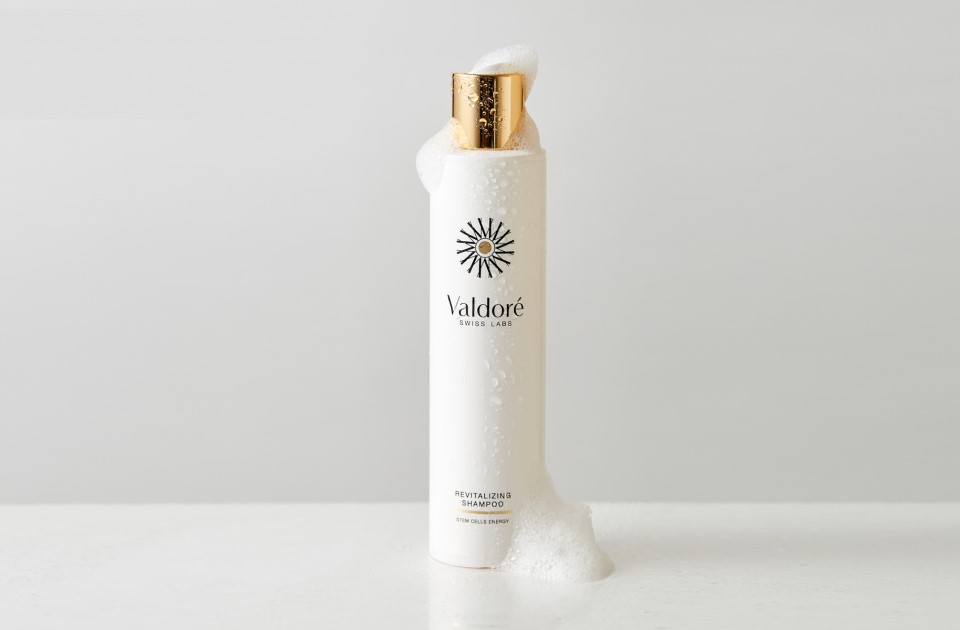In this article, we will tell you how to find the perfect shampoo to keep your hair healthy and beautiful.
1. Determine your scalp type:
Before choosing a shampoo, understand what type of scalp you have. Different shampoos are developed for different types of scalps: oily, sensitive, with dandruff problems, and dry. Determine your scalp type and choose a shampoo with the appropriate cleansing ability. The core function of the shampoo is a high-quality cleansing of the scalp.
2. Be aware of your hair type:
If you have dyed/bleached, frizzy, curly, fine, frizzy hair with an oily scalp, you need a shampoo with good clarifying power and the proper composition of emollient conditioning ingredients. Always give preference to quality shampoos with a balanced formula.
3. Study the composition:
Shampoo composition and ingredients matter a lot. The key difference between mass-market and high-end premium/drugstore shampoos is composition: ingredients and formula.
4. Pay attention to pH:
The pH of the shampoo also matters. The ideal shampoo pH is around 5.5, which matches the natural pH of the scalp. Shampoos with a higher or lower pH can upset the natural balance of the scalp and hair, which can cause irritation and other problems.
5. Check reviews and recommendations:
Read reviews from other users and pay attention to recommendations from hair care professionals. Other people's experiences can give you valuable information about which shampoo really fits your needs.
6. Use testers or small volumes:
If you're not sure if shampoo is right for you, it's always a good idea to start with small volumes, travel formats, or samples. That will allow you to use the product on your hair several times and evaluate its effectiveness without spending a lot of money.
7. Be attentive to how you feel:
When you try a new shampoo, pay attention to how your hair and scalp react. If you feel itchy, tight, irritated, or otherwise uncomfortable - it means the product is not right for you. It's worth looking for another option.
8. Price matters:
It takes resources to develop effective formulas based on quality raw materials, and that's where the difference in product costs comes from. In the budget segment of the market, you can find manufacturers who create inexpensive shampoos with successful formulas. But cheaper shampoos often have undesirable effects - an uncomfortable consistency, poor foam stability, quality and quantity of surfactants and their effectiveness, the bouquet of oils will not be rich and silicones will be high tech.
1. Determine your scalp type:
Before choosing a shampoo, understand what type of scalp you have. Different shampoos are developed for different types of scalps: oily, sensitive, with dandruff problems, and dry. Determine your scalp type and choose a shampoo with the appropriate cleansing ability. The core function of the shampoo is a high-quality cleansing of the scalp.
2. Be aware of your hair type:
If you have dyed/bleached, frizzy, curly, fine, frizzy hair with an oily scalp, you need a shampoo with good clarifying power and the proper composition of emollient conditioning ingredients. Always give preference to quality shampoos with a balanced formula.
3. Study the composition:
Shampoo composition and ingredients matter a lot. The key difference between mass-market and high-end premium/drugstore shampoos is composition: ingredients and formula.
4. Pay attention to pH:
The pH of the shampoo also matters. The ideal shampoo pH is around 5.5, which matches the natural pH of the scalp. Shampoos with a higher or lower pH can upset the natural balance of the scalp and hair, which can cause irritation and other problems.
5. Check reviews and recommendations:
Read reviews from other users and pay attention to recommendations from hair care professionals. Other people's experiences can give you valuable information about which shampoo really fits your needs.
6. Use testers or small volumes:
If you're not sure if shampoo is right for you, it's always a good idea to start with small volumes, travel formats, or samples. That will allow you to use the product on your hair several times and evaluate its effectiveness without spending a lot of money.
7. Be attentive to how you feel:
When you try a new shampoo, pay attention to how your hair and scalp react. If you feel itchy, tight, irritated, or otherwise uncomfortable - it means the product is not right for you. It's worth looking for another option.
8. Price matters:
It takes resources to develop effective formulas based on quality raw materials, and that's where the difference in product costs comes from. In the budget segment of the market, you can find manufacturers who create inexpensive shampoos with successful formulas. But cheaper shampoos often have undesirable effects - an uncomfortable consistency, poor foam stability, quality and quantity of surfactants and their effectiveness, the bouquet of oils will not be rich and silicones will be high tech.
But even the most expensive shampoo does not always mean it is a perfect match for you.
9. Consider personal preference:
Finally, consider your personal preferences and tastes when choosing a shampoo. Some people like scented shampoos, others like organic or totally fragrance-free shampoos. Choose a product that is pleasant to use in every aspect, so that washing your head and using shampoo is a pleasant and relaxing process.
Finally, consider your personal preferences and tastes when choosing a shampoo. Some people like scented shampoos, others like organic or totally fragrance-free shampoos. Choose a product that is pleasant to use in every aspect, so that washing your head and using shampoo is a pleasant and relaxing process.





